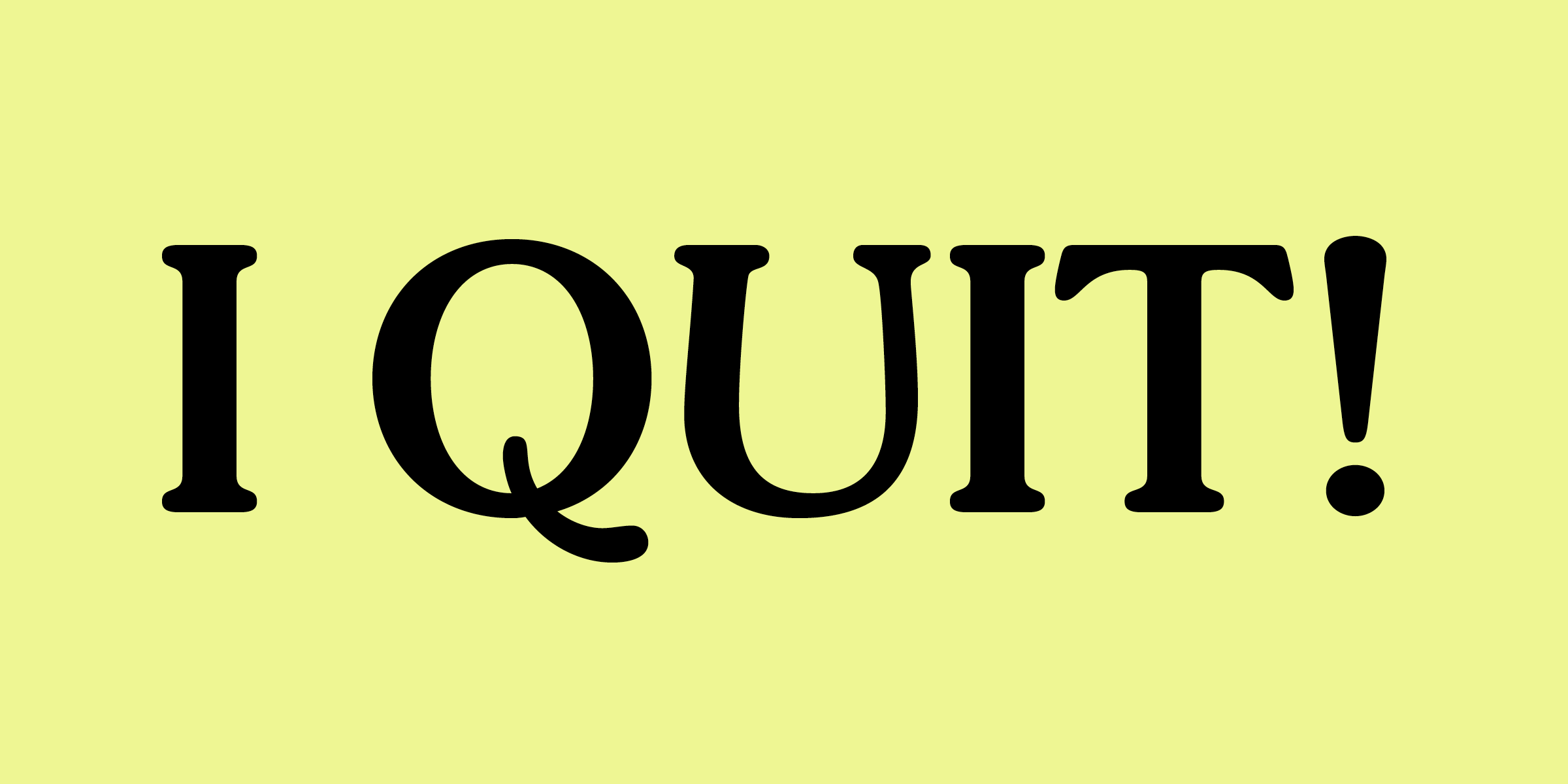In the United States, the phenomenon dubbed as the "Great Resignation" seems to be picking up speed. A record 4.3 million U.S. workers quit their jobs in August, according to new data from the Labor Department - a figure that expands to 20 million if measured back to April. Many of these resignations took place in the retail and hospitality sectors, with employees opting out of difficult, low-wage jobs. But the quitting spans a broad spectrum of the American workforce, as the toll of the pandemic - and the tortuous path to recovery - keeps fueling what Atlantic writer Derek Thompson has described as "a centrifugal moment in American economic history."
Wages are up and businesses face staffing shortages, while the experience of a sustained public health emergency has prompted myriad Americans to reevaluate their work options.
"This [pandemic] has been going on for so long, it's affecting people mentally, physically," Danny Nelms, president of the Work Institute, a consulting firm, told the Wall Street Journal. "All those things are continuing to make people be reflective of their life and career and their jobs. Add to that over 10 million openings, and if I want to go do something different, it's not terribly hard to do."
The "Great Resignation" in the United States was preceded by a far greater - decades-long, arguably - stagnation in worker wages and benefits. In lower-end jobs, earnings have not matched the pace of inflation, while work grew more informal and precarious. Workers' rights activists now see a vital moment for a course correction. October has been a banner month for American organized labor, with major strikes across various industries sweeping the country.
"Workers are harder to replace and many companies are scrambling to manage hobbled supply chains and meet pandemic-fueled demand for their products. That has given unions new leverage, and made striking less risky," my colleagues reported.
For the average worker in a developed Western economy, there are reasons for encouragement. "The truth is people in the 1960s and '70s quit their jobs more often than they have in the past 20 years, and the economy was better off for it," wrote Thompson in the Atlantic. "Since the 1980s, Americans have quit less, and many have clung to crappy jobs for fear that the safety net wouldn't support them while they looked for a new one.
But Americans seem to be done with sticking it out. And they're being rewarded for their lack of patience: Wages for low-income workers are rising at their fastest rate since the Great Recession."
In social democratic Western Europe, a stronger safety net has led to somewhat less disruption in the workforce. But similar trends are at play: "Data collated by the OECD, which groups most of the advanced industrial democracies, shows that in its 38 member countries, about 20 million fewer people are in work than before the coronavirus struck," noted Politico Europe. "Of these, 14 million have exited the labor market and are classified as 'not working' and 'not looking for work.' Compared to 2019, 3 million more young people are not in employment, education or training."
A survey published in August found that a third of all Germany companies were reporting a dearth in skilled workers. That month, Detlef Scheele, head of the German Federal Employment Agency, told Süddeutsche Zeitung newspaper that the country would need to import 400,000 skilled workers a year to make up for shortfalls in a host of industries, from nursing care to green tech companies. Pandemic-era border closures and rising wages in Central and Eastern European countries have led to shortages of meatpackers and hospitality workers in countries like Germany and Denmark.
- Karlston
-

 1
1



Recommended Comments
There are no comments to display.
Join the conversation
You can post now and register later. If you have an account, sign in now to post with your account.
Note: Your post will require moderator approval before it will be visible.